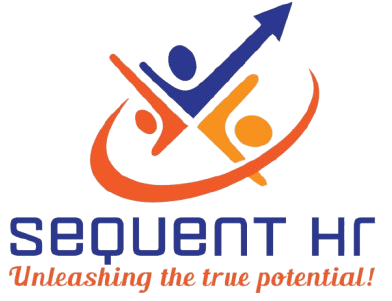Introduction
Human Resources (HR) has transformed significantly over the past few decades. Once perceived as a primarily administrative function, HR now plays a strategic role in shaping company culture, driving employee engagement, and fostering innovation.

The Shift from Administrative to Strategic
In the past, HR focused on tasks such as payroll, benefits administration, and compliance. While these functions remain essential, the modern HR department is increasingly involved in talent acquisition, employee development, and organizational strategy. This shift allows HR professionals to contribute directly to business success.
Embracing Technology
With the advent of HR technology, functions like recruitment, onboarding, and performance management have become more efficient. Tools such as applicant tracking systems, learning management platforms, and employee engagement surveys help HR teams make data-driven decisions and enhance the employee experience.
Focus on Employee Well-being
A healthy work environment is crucial for productivity and retention. HR initiatives now emphasize mental health support, work-life balance, and diversity and inclusion programs. These efforts not only boost morale but also contribute to a more inclusive and innovative workplace.
The Importance of Continuous Learning

To stay competitive, companies must invest in continuous learning and development. HR plays a key role in identifying skill gaps, designing training programs, and encouraging a culture of lifelong learning. This approach not only benefits employees but also ensures the company can adapt to changing market demands.
Conclusion
The role of HR has evolved from a back-office function to a strategic partner in business growth. By leveraging technology, focusing on employee well-being, and fostering continuous learning, HR professionals are helping organizations thrive in a dynamic and competitive landscape.
